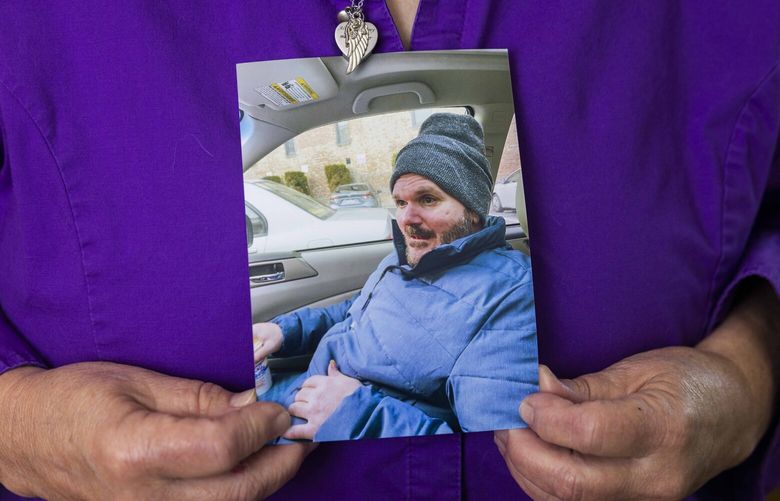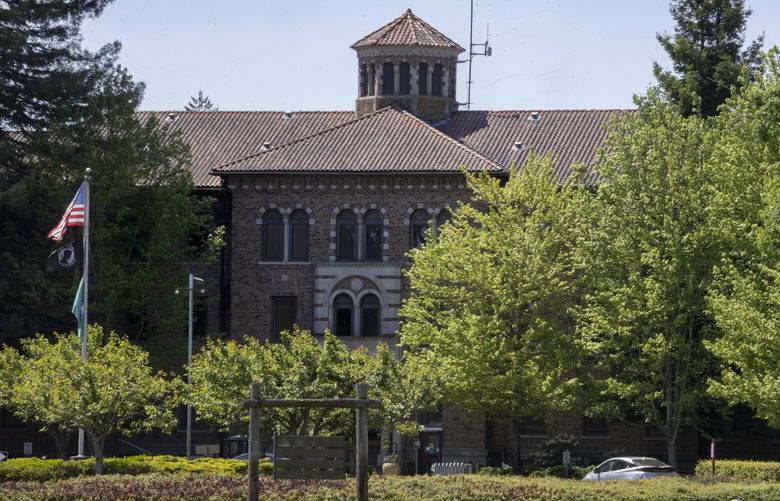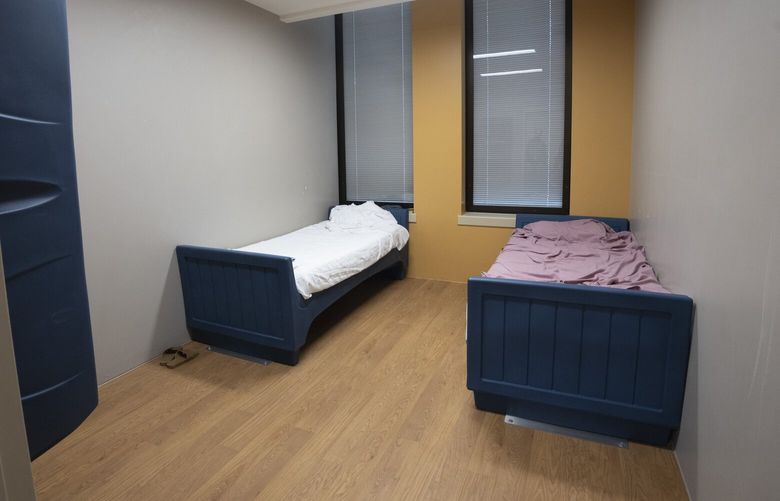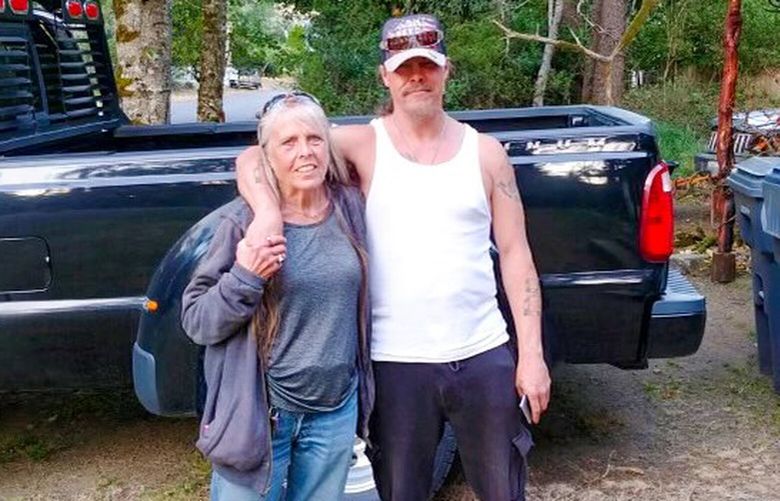Heidi Aurand watched traffic cameras of downtown Seattle for hours, desperate to recognize her son Adam among the grainy figures on the livestream.
Adam had just been released from Western State Hospital after nearly a year of psychiatric care, but Heidi didn’t think he was ready. He seemed to still be experiencing delusions.
Adam had turned down options like remaining at Western State voluntarily. Heidi didn’t feel equipped to care for him at her home by herself. So the hospital had him dropped off outside a homeless shelter.
Adam never spent the night at that downtown shelter and fell off the radar almost immediately. From her home in Portland, Heidi resorted to scanning Seattle traffic cameras to find him. Ultimately, she spotted him near a fountain downtown and raced up to Seattle to try to keep him safe.
Heidi’s actions reflect the anguish and helplessness so many families feel as they watch a loved one lost in a spiral of mental health issues, substance use and homelessness.
Episode 5 of “Lost Patients,” the new podcast from The Seattle Times and KUOW, follows Heidi and Adam through the days after he left the state hospital and ended up on the streets. Host Will James and former Seattle Times mental health reporter Esmy Jimenez seek answers about why people like Adam, and their families, are left with so little support, even after receiving treatment at the state’s biggest psychiatric hospital.
“Lost Patients” is available on all major podcast platforms. The sixth and final episode of the series will be released April 22. You can also join us May 9 for a live event to discuss serious mental illness in Washington state. For details and to register, visit st.news/lostpatientsevent.
After you listen, dive deeper
Navigating a maze: Jimenez investigated Adam’s story for this piece in The Seattle Times, scouring hundreds of pages of medical and legal records to track Adam’s journey to Western State Hospital and what happened to him afterward.
Adam’s life illuminates, Jimenez wrote, “the stark reality many people with serious mental illnesses and their families face. The system — a patched-together labyrinth that spans the health care, public safety and housing worlds — can materialize in moments of crisis, but it struggles to provide the comprehensive care needed for recovery over a lifetime.”
Competency: Adam came to Western State Hospital because he was arrested for throwing a beer can at a police officer. In recent years, state officials have moved toward a model where Western State only serves people coming through the criminal legal system. Essentially, the only way to get into Western State Hospital is to be arrested for a crime.
Patients are sent there for “competency restoration,” meant to make them competent enough to go through court proceedings. Jimenez wrote about how this limited type of treatment is usually basic legal courses, and isn’t designed to help patients long-term.
More patients: At the same time, more and more patients are being referred by the court system for these competency restoration services. Jimenez reported it’s a trend happening nationwide — and it’s not entirely clear why.
“That really is a million-dollar question,” said Dr. Jennifer Piel, director of the Center for Mental Health, Policy, and the Law at UW Medicine.
Backlogged: As a result of this and other factors, Washington experienced monthslong backlogs to get people into Western State for competency restoration. People waited months in jails for treatment while their cases dragged on.
This violated what’s known as the Trueblood settlement, a legal settlement that requires the state to get people into competency restoration in a timely fashion.
Last summer, a federal judge fined the state $100 million for its failures to get people out of jail and into state psychiatric facilities within the Trueblood settlement’s required time frames. U.S. District Judge Marsha Pechman said the state’s Department of Social and Health Services showed a “lack of foresight, creativity, planning, and timely response to a crisis of its own making.”






